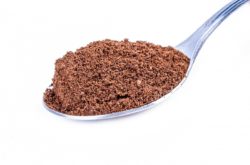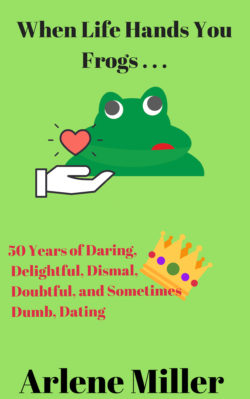When I taught seventh grade English, I used to give my students a Word of the Day. When we finished five or ten words, we would have a  vocabulary quiz. The students needed to know the spelling, the part of speech, the definition, how to use the word in a sentence, and any related words we talked about that were different parts of speech taken from that word. I went pretty much alphabetically, and I always assigned the following words for the same quiz:
vocabulary quiz. The students needed to know the spelling, the part of speech, the definition, how to use the word in a sentence, and any related words we talked about that were different parts of speech taken from that word. I went pretty much alphabetically, and I always assigned the following words for the same quiz:
Instant
Instance
Incident
Incidence
Yes, it was very confusing. First of all, the plural of some of the words sounds the same as the singular of another: instants sounds the same as instance. Incidents sounds the same as incidence. Since instant is usually an adjective, it isn’t often used as a plural, but it can be used as a noun:
These cups of coffee are all made from ground beans, but these others are all instants.
Second of all, instance, incident, and incidence have similar meanings. Instant is a little different and most people know that it means “a moment, or a short span of time.”
Instance, which sounds like the plural of instant, doesn’t have much to do with instant. It means “a case or occurrence of anything, or an example put forth as proof”:
He often lies to his parents, but in this instance he was telling the truth.
An incident is simply something that happens, often negative; an individual occurrence or event:
There was an incident outside the restaurant last night, and the police were called.
After several incidents at school, she was suspended.
Instance is close to incident in meaning:
After the third instance of her being insubordinate at school, she was suspended.
The plural of incident sounds the same as the singular incidence. Incidence means “the rate or range of occurrence of something, especially of something unwanted”:
Since the new stop sign was placed on my street, the incidence of accidents has decreased.
The incidence of crimes has increased in that neighborhood since the unemployment rate has risen.
Your vocabulary test will be on Wednesday. (Just kidding!)
Grammar Diva News
I am back from my ten-day Florida vacation and a month of taking it easier. Now, new, original blog posts are back, as are my words of the day on social media (Twitter, Facebook LinkedIn, Google+, and Pinterest) every weekday. I am doing two-letter Scrabble words for the month of November.
November is also National Novel Writing Month (NaNoWriMo). The last time I entered this contest of writing 50,000 words (about 250 pages) in the thirty days of November was in 2011, when I wrote my novel, now called Birds of a Feather, a light and entertaining book about four college girls in Boston during the 1980s. A few years ago, I attempted to write one of the sequels I had planned for that novel during NaNoWriMo. I started, but then lost a couple of days’ work on my computer (Poof! You know how that happens!) and was unable to recreate what I lost. I never have (yet) written those sequels. However, I have been wanting to write a book about my dating adventures for several years or more. Friends have also encouraged me to write it, so I am using this NaNoWriMo to finally do it. Yes, I know, it is supposed to be a novel, but a memoir is close enough in my book. So, it is day number 2 and I am on my way to write at Starbucks. Don’t worry. I am changing all the names and other identifying details in my book to protect the innocent (and guilty). Here is the mockup cover I did and the preliminary title. I do plan to publish the book at some point, but I think it is going to need a lot of work after the November first draft!
And please don’t forget about my grammar books! And reviews are always greatly appreciated, especially of my punctuation book, To Comma or Not to Comma.



Why would there be a comma before “Dating” on your book cover?
Because I am setting off the phrase “and sometimes dumb.” This is just a quick mockup. Perhaps I will put it in dashes instead – or perhaps change the subtitle entirely.
That’s what I guessed. I’d go for the dashes!
I agree with you. If I keep the subtitle as it is, I will use dashes! Thanks for bringing it up.